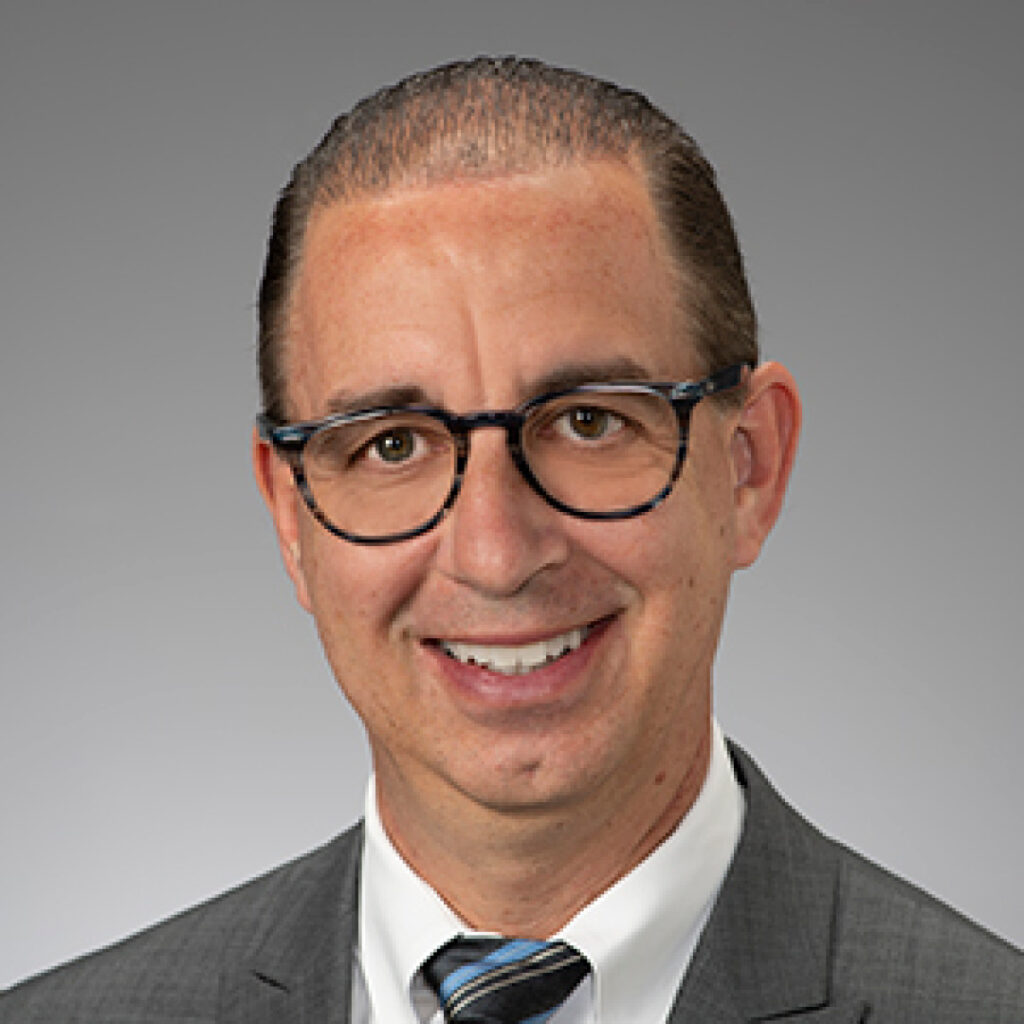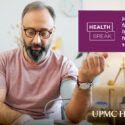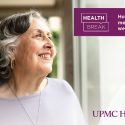Health Break: Respite for caregivers and how to access services in your community
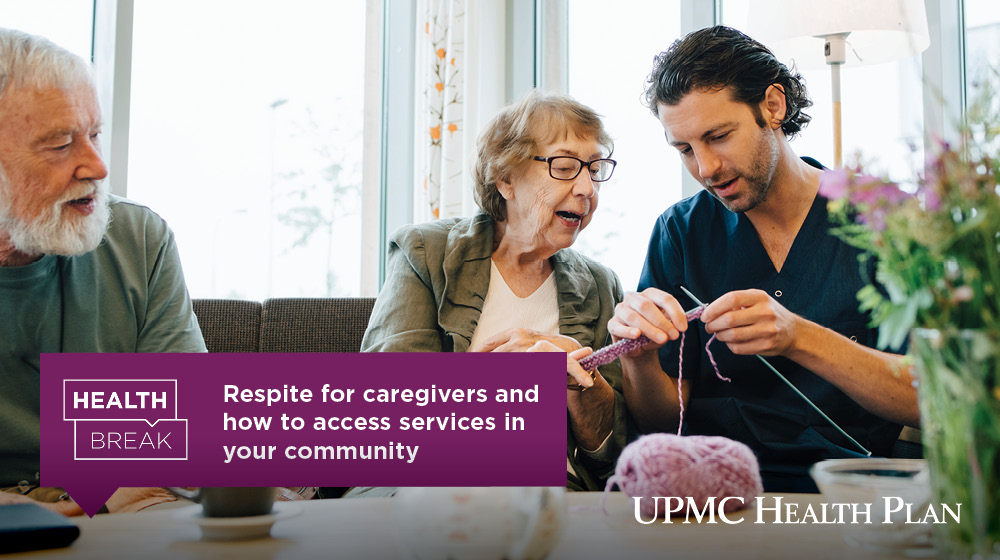
A podcast for UPMC Health Plan members, Health Break is your quick guide to caring for your mental and physical health, prioritizing wellness, and making the most of your health insurance plan.
Episode 41: Take a Health Break with Dr. Robert Rutkowski
Dr. Robert Rutkowski takes a Health Break to explain respite care, how it works, and what resources are available for caregivers in Pennsylvania.
Episode transcript:
Camille: Welcome to Health Break by UPMC Health Plan, your quick guide to health, wellness, and how to make the most of your health insurance plan. I’m your host, Dr. Camille Clarke-Smith. I help to oversee the quality of the plans and programs we offer at UPMC Health Plan.
Angelo: And I’m your co-host, Angelo Bartic. I’m a health coach who works with our members on making healthy lifestyle habits and setting goals. This is your…Health Break.
Camille: Today we’re joined by Dr. Robert Rutkowski to learn about respite care, how it works, and what resources are available for caregivers in Pennsylvania. Thank you, Dr. Rob, for being with us today.
Dr. Rutkowski: You’re welcome. I’m happy to be here.
Camille: What exactly is respite care and how does it work?
Dr. Rutkowski: Well, before I tell you what respite care is, let’s think about who might use or might need respite care first. Families take care of a lot of seriously ill and chronically ill patients at home, their family members, who they love and care for in their houses. So chronic medical conditions like dementia, severe life-threatening conditions. And then if you think about our pediatric families with members who have complex medical conditions and may be, you know, technology dependent like on a ventilator or require feeding tubes, these are often labor intense, 24-hour-a-day jobs. So respite care services provide temporary comfort and supervision and care for the loved one so that that caregiver can put aside all their thoughts of providing care and focus on himself or herself, the family, or other important responsibilities, or just take a break. Respite care workers and respite care opportunities are often found through agencies with the help of primary care providers and sometimes community organizations will even offer respite care for families in need. Respite care workers come directly into the homes to keep the family member comfortable in the place that they live, in their own environment.
Camille: How does UPMC and UPMC Health Plan offer support for primary caregivers in the community?
Dr. Rutkowski: UPMC Health Plan is dedicated to providing these services to the members and their families. They recognize the toll it can take on the family providing this level of care, and have a variety of services to support caregivers. The first one to think about is skilled nursing facilities for our adult members. These can be temporary arrangements to give the family respite and provide a high level of care for our UPMC members. UPMC also has visiting nursing services for both adult and pediatric members who require respite care, and there are inpatient pediatric services for those children whose families need respite care at the Children’s Home of Pittsburgh, when a parent can’t provide care because [the] parent’s ill or has surgery or has a serious illness of their own.
Camille: What other resources exist in the community for respite services?
Dr. Rutkowski: There are some other community level resources that are available, like state licensed adult daycare facilities that provide respite care for caregivers. These are local in the community and it’s best to contact the Area Agency on Aging to find out where they exist in your own community. The Area Agency for Aging also offers financial assistance for families who can’t afford respite care through the Family Caregiver Support program. For our families with kids, with pediatric members, emergency childcare is available at Jeremiah’s Place for children ages zero to six, and there is a daycare that exists for medically fragile children at the Child’s Way.
Camille: Thank you so much Dr. Rob for being on today’s Health Break.
Dr. Rutkowski: It’s been my pleasure. Thank you.
Camille: Visit the show notes for this episode to learn more about the programs and resources we discussed today.
Find show notes and more information at upmchealthplan.com/podcast. Join us as we continue exploring health, wellness, and how to make the most of your health insurance plan in the next episode of Health Break.
This podcast is for informational and educational purposes. It is not medical care or advice. Individuals in need of medical care should consult their personal care provider. Views and opinions expressed by the hosts and guests are solely their own and do not necessarily reflect those of UPMC Health Plan and its employees.
Related to this episode:
- Respite care information from UPMC
- Pennsylvania Association of Area Agencies on Aging
- The Children’s Home of Pittsburgh
- Jeremiah’s Place
- Child’s Way
About Dr. Robert Rutkowski:
Robert Rutkowski, MD, is a medical director at UPMC Health Plan concentrating his efforts in pediatric value-based care and population health strategy. He attended medical school at the University of Pittsburgh School of Medicine and completed his residency at the Children’s Hospital of Pittsburgh. He has been in practice with Children’s Community Pediatrics for over 20 years and is the Medical Director of Children’s Hospital Express Care’s South Fayette location.
About Dr. Camille Clarke-Smith:
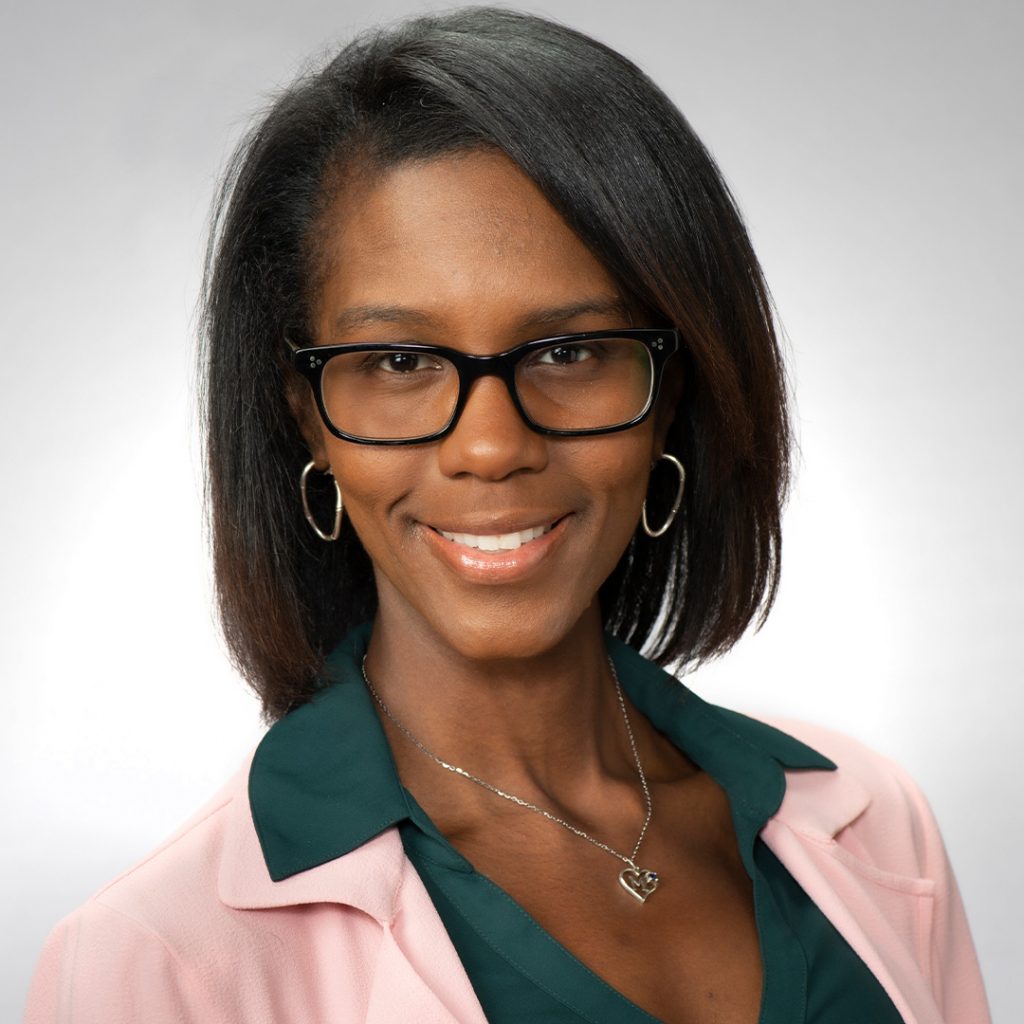
Camille Clarke-Smith, EdD, is a program director in the Quality Improvement, Medicare Stars Department at UPMC Health Plan, where she leads the Medicare Faith and Wellness Program, a 3- to 12-week health and wellness challenge. She is also the founder of the nonprofit Transforming the Health of African American Women (THAW) Inc. She earned a doctorate in health and physical activity education from the University of Pittsburgh in addition to a master’s in exercise science and a bachelor’s in psychology and sociology. She is currently pursuing her master’s degree in social work at Carlow University.

